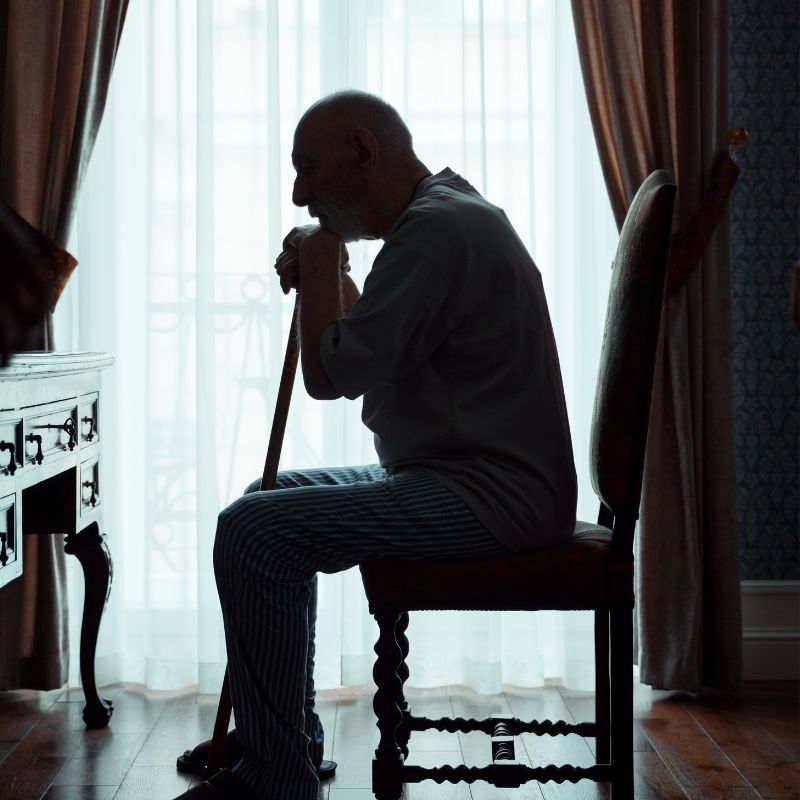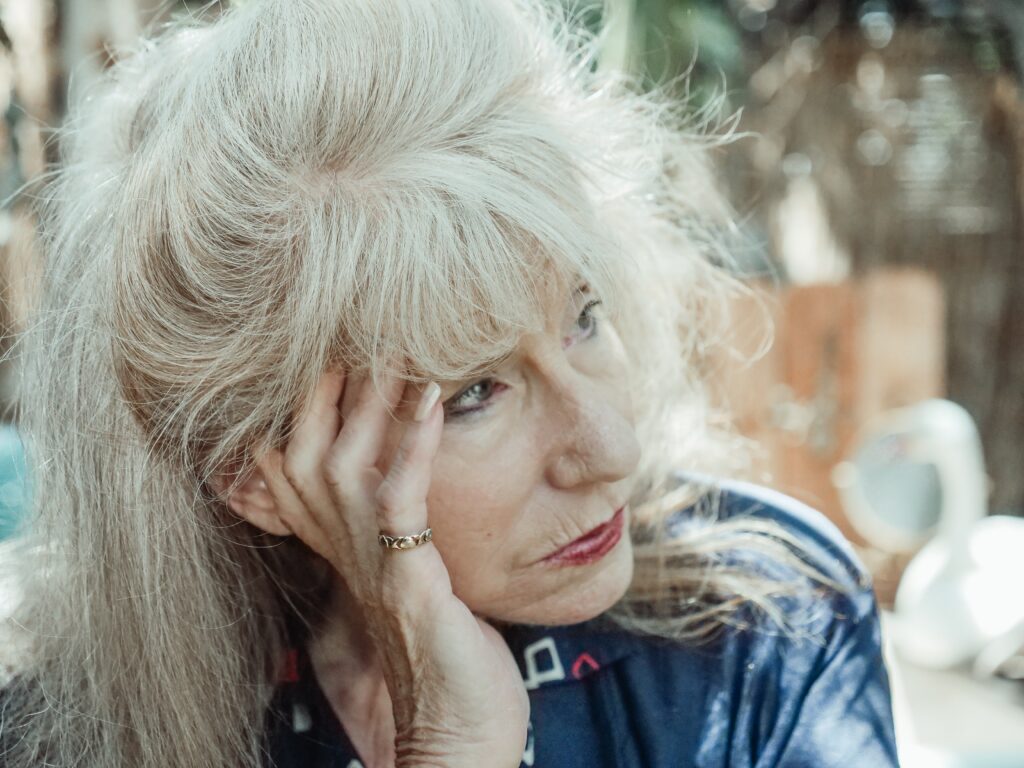Note: This is the second in a series of blogs related to a book project I’ve been writing for some months. The book is called, The Slightly Older Person’s Guide to Graceful Aging.
What sort of beliefs do you have about getting and being older? What if most of what you think you know about old age turned out to be untrue? Here’s the good news; most, if not all of what you may believe about old age has no basis in truth.

From the time we’re very young, our beliefs about aging, and dying, are conditioned by the opinions of those around us, and the messages society sends us. These beliefs fall into the category of received wisdom, which is a fancy term for information we take in, and believe, without subjecting it to our own examination.
“What a drag it is getting old” we heard the Rolling Stones sing in the early ‘60s. From where I sit, Mick Jagger, at 80, looks like he’s having the time of his life. I remember hearing him say in an interview sometime in the ‘70s, that he couldn’t imagine himself still singing rock when he got to be 40. He’s exactly twice that age now, and still howling like there’s no tomorrow.
Even Sir Mick bought into the mythology of what a certain age means. I doubt he does at this point in his life. His own experience of life has proven otherwise.
Here’s a choice you always have. You can buy into the constant bombardment of hogwash about aging that’s all around you, or you can take the time to look at whether or not it’s true for you, given your actual experience.
This can be tricky, simply because there’s a good chance that, like most of us, you’re seeing aging through the lens, or mirror, of received wisdom. This is a bit like seeing your reflection in a fun-house mirror, and wondering why your hips look so big. If you accept as fact that your reflection is an accurate representation of how you appear in real life, the reflection in the fun-house mirror seems to provide evidence.
Please understand, I’m 72, and so am no stranger to old age, or to some of its physical effects. Even if I were to bother telling myself that I’m in extremely young old age, there’s no way to realistically think of myself as anything but old. Bluntly put, even if I live to be extremely old, I’m closer to the end of my life than to the beginning.
There’s nothing even remotely tragic about this, but it provides a strong incentive to take a hard, long, sober look at what old age means to me. Not to society, but to me.

Here’s some of what I’ve discovered. Every single thing I’ve ever heard about what a particular age means is made-up. From where I stand in life, I’ve seen many of these “truths” come crashing down like bowling pins. If I’d accepted these beliefs without challenging them, I wouldn’t be living the life I live.
Here are examples: when I was young, I never would have believed that at 72 life would seem sweeter to me than it ever has. I wouldn’t have believed I’d still be productive and engaged, I wouldn’t have believed that every single day still seems brand new to me, I probably didn’t believe that I’d be capable of writing anything meaningful or coherent. There’s no way in hell I would have believed this: I wouldn’t trade this time of my life for any other.
In short, if I’d believed all the received wisdom, the experience of the life I lead right now, right this minute, would be unavailable to me. I would have talked myself out of the possibility.
What is it you believe about getting and being old the might not be true? What possibilities have you talked yourself out of? If you take the time to find out, you’ll find your sense of possibility expanding. What could be nicer or better as you age?

If you would like to know when The Slightly Older Person’s Guide to Graceful Aging comes out, please click here to put your name on the list. To read my other articles, click here.



